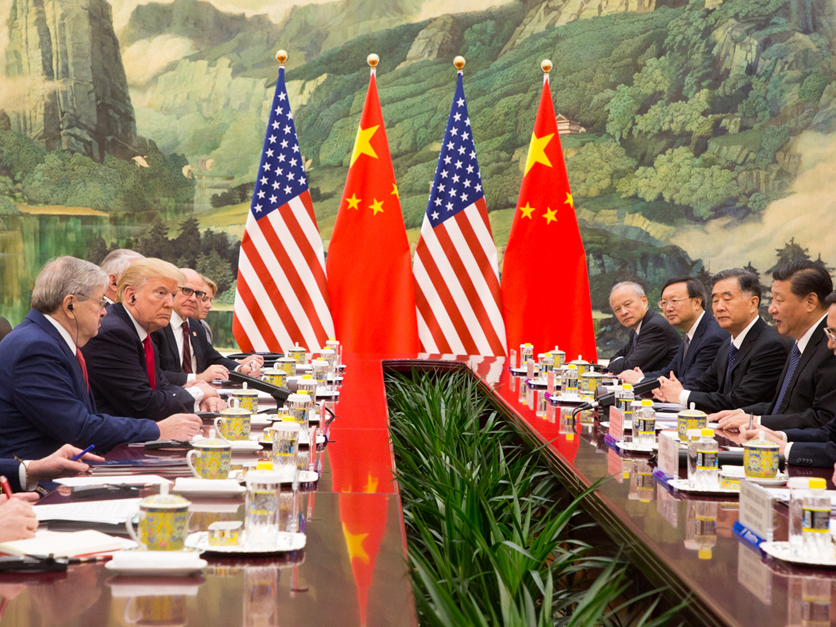President Donald Trump said Saturday that he and Chinese President Xi Jinping have agreed to restart talks to end the U.S.-China trade war that has cost the U.S. ag sector billions of dollars in lost exports.
Trump said he agreed to put on hold the process of hitting China with new tariffs and Xi agreed that China will begin increasing purchases of U.S. ag commodities.
“China is going to start — they're going to be consulting with us, and they're going to start spending money, even during the negotiation, to our farmers, our great farmers in the Midwest,” Trump said after he met with Xi on the sidelines of the G-20 summit in Osaka, Japan. “And China is going to be buying a tremendous amount of food and agricultural product, and they're going to start that very soon, almost immediately. We're going to give them lists of things that we'd like them to buy. Our farmers are going to be a tremendous beneficiary.”
No details were given about the commodities on that list.
While U.S. ag exports have suffered sharply over the past year during the back-and-forth tariffs, China has been buying some U.S. farm commodities, potentially out of good will gestures during the on-again, off-again negotiations.
Just Friday, the USDA reported an export sale of 544,000 metric tons of soybeans to China. Also, from June 14 -20, the USDA reported net sales of 10,400 tons of pork to China and 7,300 tons of pork exports to China.
Even before the U.S. and Chinese presidents sat down, Xi told reporters in Osaka he was ready to resume talks to end the trade war.
“Today, I'm prepared to exchange views with you on the fundamental issues concerning the growth of China-U.S. relations so as to set the direction for our relationship in the period to come and to advance the China-U.S. relationship based on coordination, cooperation, and stability,” Xi said.
Neither president set a specific date for another round of bilateral talks, but their words offer a stark contrast to the situation over the past several weeks. It was early May when U.S. Trade Representative Robert Lighthizer announced that China had reneged on promises. Almost immediately, the U.S. raised the tariff rate on $200 billion worth of Chinese goods and threatened to levy new tariffs on roughly $300 billion worth of Chinese goods.
But Trump also warned that a deal with China is not assured even though negotiations are now expected to resume.
“This doesn't mean there's going to be a deal, but they would like to make a deal,” he said. “I can tell you that. And if we could make a deal, it would be a very historic event.”
For more news, go to: www.Agri-Pulse.com.


